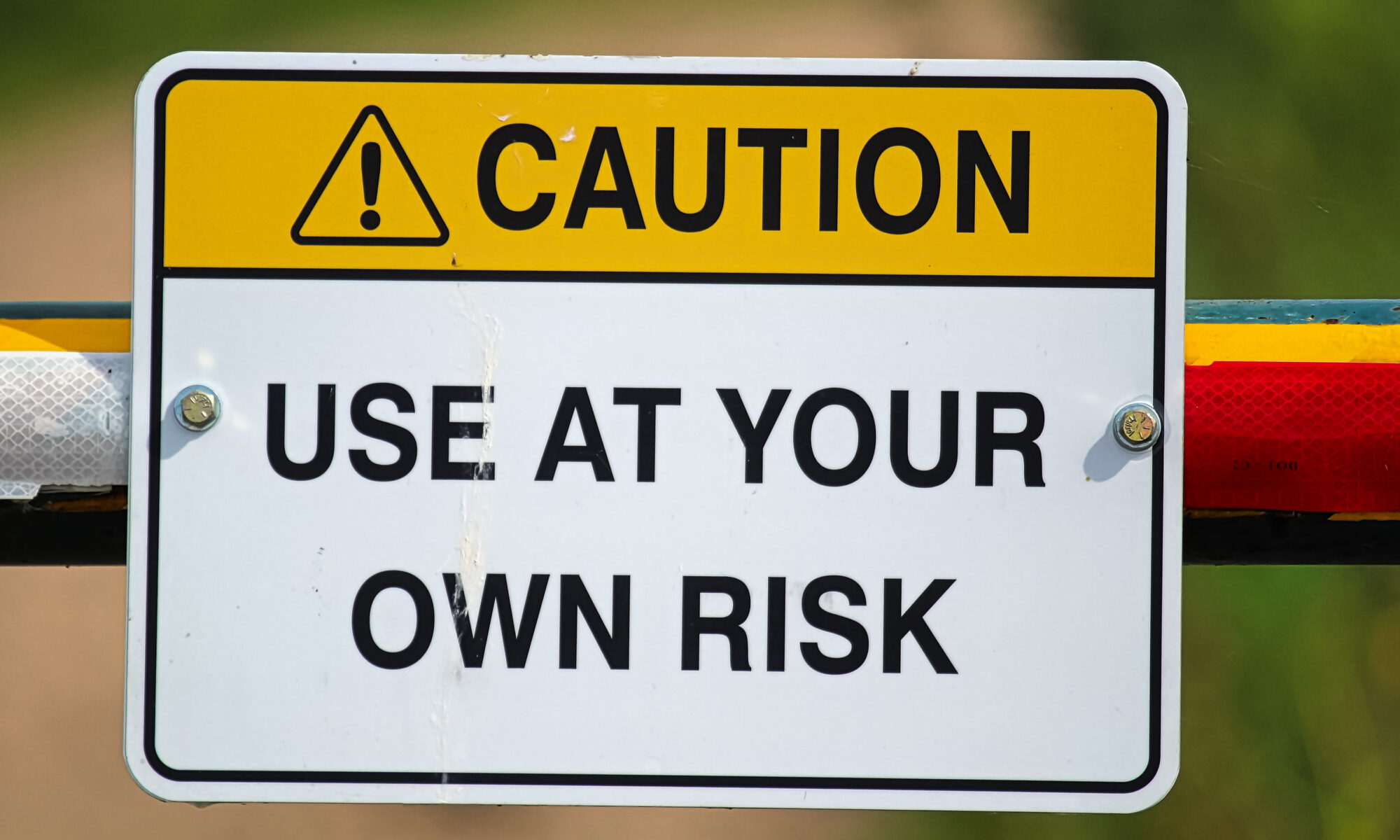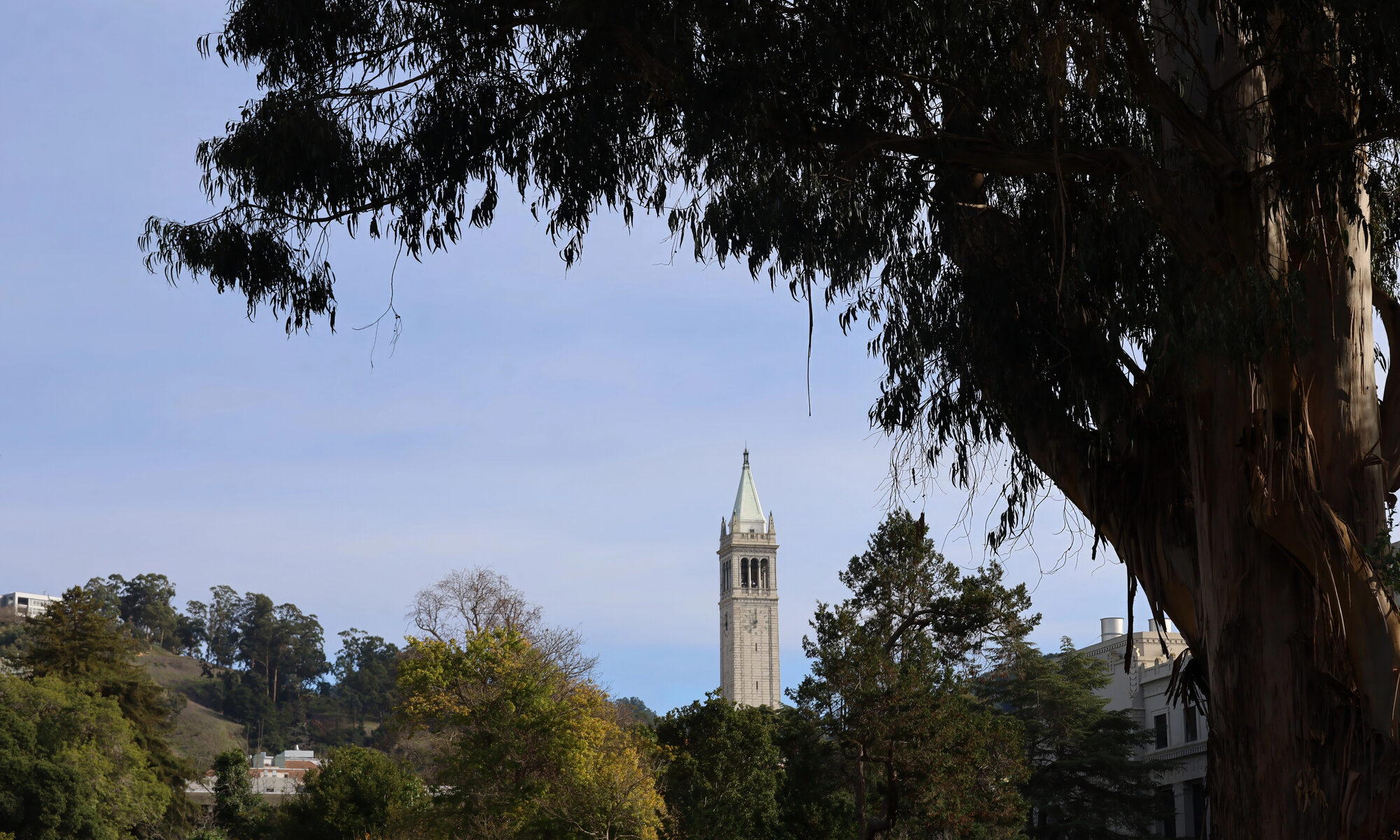Under the Carroll doctrine (sometimes called the “motor vehicle exception”), police may search a motor vehicle without a warrant if they have probable cause to believe it contains contraband. This rule, first established by the Supreme Court in Carroll v. United States (1925), stems from the fact that vehicles are mobile and evidence inside could easily be moved or destroyed before a warrant can be obtained. Thus, if an officer has a reasonable belief that illegal items are inside a vehicle, he can search it without needing a warrant or the driver’s consent.
For the Carroll doctrine to apply, mere suspicion is not enough. There must be some objective basis for believing that illegal items are actually present. One way in which this requirement can be met is by sensory verification: if an officer sees or smells (say) marijuana or another illegal item, that sensory observation can provide the factual basis needed to justify a vehicle search. The use of odor as a basis for generating probable cause has been affirmed by the Supreme Court in United States v. Johns.
However, it would seem that such a practice is ripe for abuse. An officer can simply claim to “smell” marijuana (or any other kind of contraband) without any way to verify or falsify the observation at the scene. It is simply the officer’s word versus the occupant(s) of the vehicle. This would seem to allow officers to use odor as an excuse to conduct searches they otherwise could not legally justify. Thus, some argue that an officer’s word alone should not be trusted in these situations, given the risk of dishonesty.
The Double Standard Toward Police
The problem with this approach is that it ignores how we routinely handle sensory evidence in other contexts. Police often rely on third-party reports from 911 callers, victims, and witnesses. In many cases, these reports are the only information officers have to act on. We treat such reports as presumptively reliable for investigative purposes, and rightly so, because officers must often act quickly on limited information to protect public safety. Even though some reports may later prove to be exaggerated, mistaken, or dishonest, the system allows officers to respond based on the information they receive and then take appropriate steps to verify or discredit the report as more facts become available.
Consistency demands that officer observations deserve at least the same presumption. When an officer reports seeing, hearing, or smelling evidence of a crime, he is making a real-time judgment based on training and immediate sensory input. Like responding to reports of danger or suspicious activity, these observations often require quick decisions in dynamic and uncertain situations. Without this initial trust, officers would be forced to hesitate in circumstances where delay could compromise safety.
If anything, the case for presumptive reliability is even stronger when it comes to officers. Unlike anonymous 911 callers or civilian witnesses, officers are trained to make careful observations, are legally obligated to document their actions, and face disciplinary, civil, and criminal consequences for false reporting. Their observations are recorded in reports and increasingly subject to review through body-worn cameras and dashcam footage. While these measures are not absolute guarantees of veracity, they do provide additional layers of accountability that do not exist for most civilian reports.
Any argument against presumptively relying on police sensory observations would apply equally to eyewitness or victim reports. Both involve individuals reporting what they perceived through their senses, often without any immediate means of independent verification. If we reject the officer’s report of what he saw, heard, or smelled because of the possibility of dishonesty, we would have to reject similar reports from victims and witnesses for the same reason.
The Problem of Unfalsifiability
But perhaps the concern is not simply that officers might lie, but that many sensory claims cannot be meaningfully tested at the time of the search. Unlike physical evidence that can be inspected or recorded, an officer’s report of detecting an odor is inherently subjective and leaves no trace that can later be verified. This unfalsifiability is what fuels the worry that odor claims give officers unchecked discretion.
Yet unfalsifiability is not unique to odor. Once again, the same problem arises any time police act on eyewitness accounts, 911 calls, or victim reports. When a caller reports hearing gunshots, smelling smoke, or seeing a knife brandished, those claims are equally unfalsifiable.
How so? In most cases, there is no immediate way to directly verify whether the caller actually perceived what they claimed. The event may have already passed, no physical evidence may exist, and no recording may be available. Even if later investigation shows the event did not occur, the inherent subjectivity of perception makes it difficult to disprove that the reporting party sincerely believed what they reported at the time. After all, a person can sincerely perceive something that does not actually exist, just as a mirage appears real to the one experiencing it even though nothing is actually there.
Despite the subjectivity of experience, the legal system rightly permits officers to reasonably rely on such reports. What matters is not whether the observation can be immediately confirmed or definitively falsified, but whether the person making the report is presumed to be acting in good faith, subject to later scrutiny if necessary. This is the only workable standard for real-time decision-making, and the same presumption should apply to officer sensory observations just as it does to civilian reports.
When the Presumption Fails
Of course, presumptive reliability is not absolute. There are situations where it no longer holds, both for civilians and for officers. A habitual 911 caller known for fabricating reports, or a witness with a proven history of dishonesty, may not be treated as credible.
The same applies to officers whose past misconduct has compromised their integrity. Under Brady v. Maryland and Giglio v. United States, prosecutors are required to disclose credibility issues that bear on an officer’s trustworthiness, and testimony from such officers may carry diminished weight or be excluded altogether. In both cases, the legal system allows reliability to be rebutted when there is concrete reason to doubt the truthfulness of the report.
The Broader Question of Trust
The deeper issue is not the reliability of sensory evidence but the public’s selective skepticism toward police officers. Those who reject presumptive reliability for police often assume that officers, by virtue of their role, are especially prone to dishonesty or abuse. If that assumption were consistently applied, it would call into question nearly every discretionary decision officers make. Policing cannot function if officers are categorically distrusted whenever they report observations that form the basis of enforcement action.
But maybe that’s exactly what some people want. The push to reflexively distrust police often comes from the same movements that seek to undermine confidence in public institutions more broadly. Yet this skepticism, if applied consistently, threatens more than law enforcement.
Social trust is the foundation of everyday life. We trust that people mean what they say in contracts, that businesses honor transactions, that doctors give honest diagnoses, and that countless routine interactions are based on good faith. Without this basic presumption, voluntary exchange collapses, institutions grind to a halt, and every interaction becomes a negotiation over proof.
Of course, some level of distrust is justified. There are bad actors, and there are times when claims must be questioned. But constant suspicion applied across the board leaves no room for cooperation. A society that defaults to assuming dishonesty from everyone creates a climate where people second-guess motives and treat each interaction as involving potential deception. Over time, that kind of environment breeds widespread paranoia and makes ordinary functioning almost impossible.
This is why presumptive reliability matters. Police officers, like everyone else, should be presumed to report their observations truthfully unless there is good reason to believe otherwise. The alternative is not more accountability, but paralysis in law enforcement and in society as a whole.










